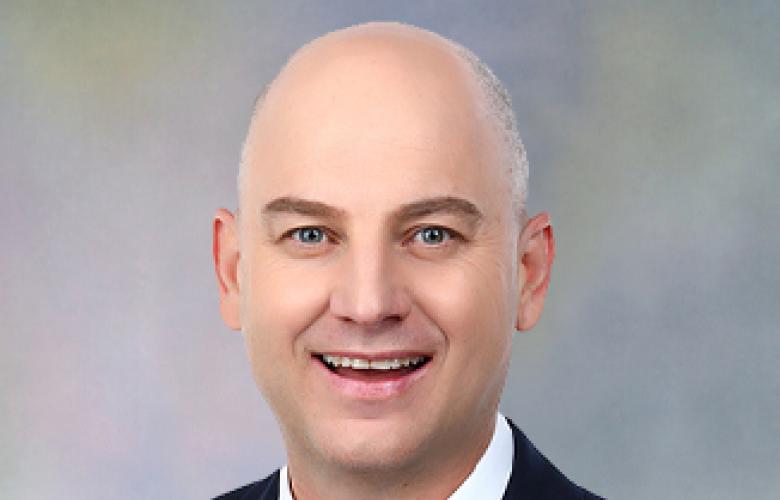CBRE launches Asia Pacific Hotel Market Outlook – Trends to Watch in 2022
Contact
CBRE launches Asia Pacific Hotel Market Outlook – Trends to Watch in 2022
Asia Pacific hotel investment staged a comeback in 2021, growing 46% year-on-year to reach US$12.1 billion. The sector’s steady rebound was underpinned by a growing volume of capital seeking to increase its exposure to the sector, CBRE Asia Pacific Hotel Market Outlook - Trends to Watch in 2022 said Steve Carroll, Head of Hotels & Hospitality, Capital Markets, CBRE Asia Pacific.
Asia Pacific hotel investment staged a comeback in 2021, growing 46% year-on-year to reach US$12.1 billion. The sector’s steady rebound was underpinned by a growing volume of capital seeking to increase its exposure to the sector, according to CBRE Asia Pacific Hotel Market Outlook - Trends to Watch in 2022.
Buoyed by a steady reopening of borders and easing travel restrictions, investors including REITs, private offices, and a growing volume of private equity are acquiring hotels to upgrade guest offerings in anticipation of pent-up tourist demand, as well as converting some hotel assets into offices and co-living spaces. CBRE believes new opportunities for the hotel industry in Hong Kong are emerging from acquisitions and conversions.
“Hotels are among the sectors poised to benefit as the region’s borders reopen. The sector offers attractive risk-adjusted yields and asset repositioning opportunities to investors seeking enhanced returns. Hotels have gained appeal as a potential inflation hedge due to the sector’s unique short lease period, measured in days rather than months or years as with other property types,” said Steve Carroll, Head of Hotels & Hospitality, Capital Markets, CBRE Asia Pacific.
Trends in Hong Kong’s Hotel Market
The hotel sector is fast emerging as one of the most sought-after for investors eyeing value-added opportunities this year. In Hong Kong, a number of investors are converting hotel assets into co-living spaces.
In the past six months, foreign funds have acquired Butterfly on Prat, Hotel sáv Hong Kong and Travelodge Central Hollywood Road, with plans to incorporate co-living or student accommodation elements in the redevelopment. In mid-February, the Town Planning Board received the application to convert the ibis Central and Sheung Wan into a residential building. In early April, CBRE successfully advised on the transaction of the Rosedale Hotel in Kowloon, which will be renovated into a co-living space according to the buyer’s plan, and ready to open mid next year.
Despite the ongoing pandemic in Hong Kong, the hotel industry has not seen any significant distressed assets. CBRE found in its 2022 Asia Pacific Investor Intentions Survey that the number of investors expecting a discount on hotel assets dropped from 99% in 2021 to 78% this year, suggesting an improvment in asset price.
The Revival of Tourism with Restrictions Lifted
As the fifth wave of COVID-19 outbreak gradually comes under control, the Hong Kong SAR government is also relaxing certain social distancing measures as well as lifting the flight ban and cutting down the hotel quarantine period for arrivals in April. The move is expected to provide some breathing space for the industry.
Mainland tourists have been the main source of tourism in Hong Kong, accounting for nearly 80% of visitors in 2019. Currently, travel across the Hong Kong-Mainland border remains limited – a situation that will continue to be challenging given the ongoing pandemic outbreak in Mainland China.
Stephen Lin, Director, Valuation and Advisory Services, CBRE Hong Kong, said: "While the industry is longing for the recovery of the tourism market, hotels have been looking at ways to maintain operations and boost occupancy by pursuing the staycation or quarantine hotel approach. It is now a good time for hotel operators and investors to look into what value-added opportunities the assets have to offer.”
Click to view the full report of CBRE Asia Pacific Hotel Market Outlook - Trends to Watch in 2022.








